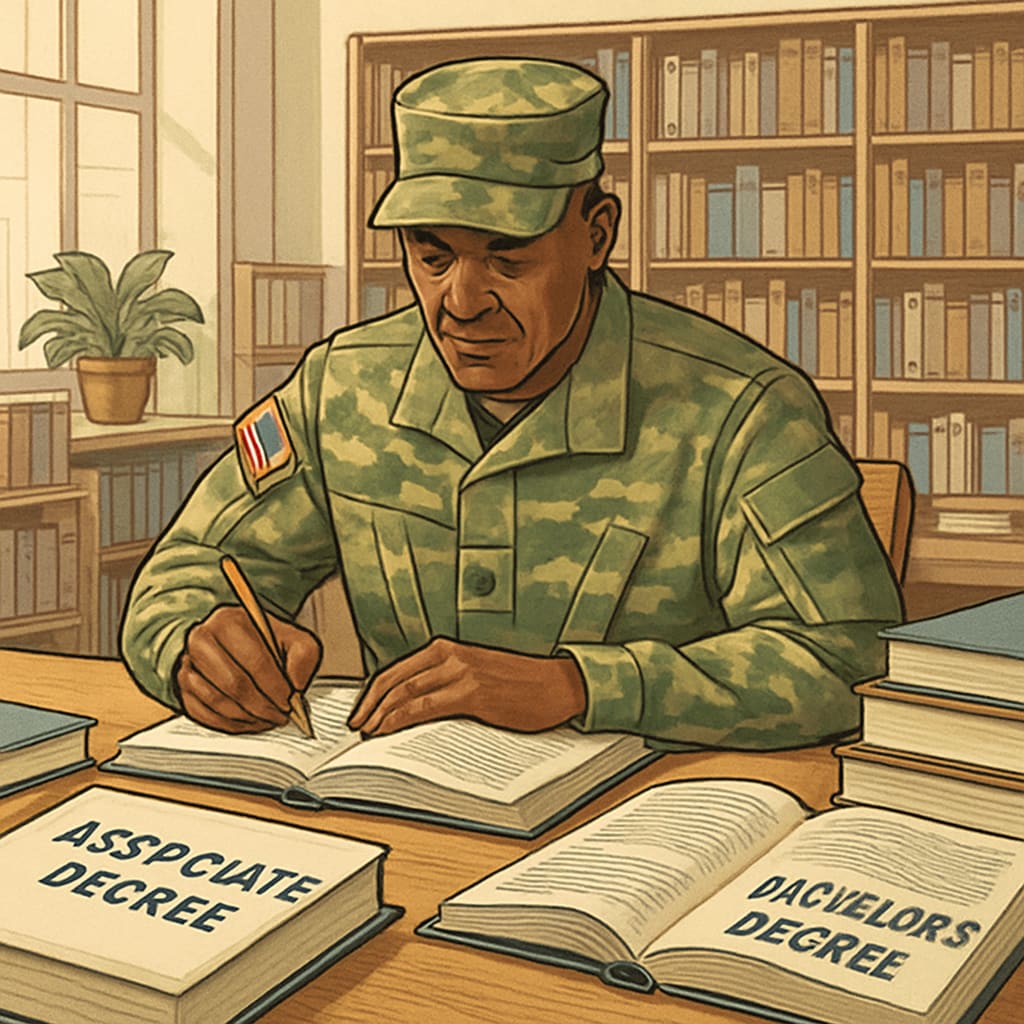For military veterans transitioning into civilian life, pursuing higher education can be a key step toward career advancement. Many veterans who hold an associate degree in automotive technology have the potential to elevate their qualifications by earning a bachelor’s degree. This process often involves credit transfer, leveraging military education benefits, and balancing personal responsibilities. Through proper planning and the use of available resources, veterans can achieve their academic goals while preparing for a successful career in the automotive industry.

Understanding Credit Transfer Options for Automotive Degrees
One of the most critical steps in transitioning from an associate degree to a bachelor’s degree is understanding how to transfer credits effectively. Many universities offer pathways for veterans to apply their associate degree credits toward a four-year program. For automotive technology specifically, institutions with programs in mechanical engineering, automotive engineering, or technical management may accept these credits. Veterans should thoroughly research articulation agreements (formal agreements between colleges) to ensure maximum credit transfer.
For example, transfer agreements often allow students to bypass introductory courses, saving both time and money. Additionally, some universities provide military-specific credit evaluations to recognize the technical expertise gained during service.
Leveraging Military Education Benefits
The Post-9/11 GI Bill and similar military education programs can cover tuition costs for veterans pursuing a bachelor’s degree. These benefits are critical for those transitioning from an associate degree in automotive technology to a bachelor’s degree. Programs like the GI Bill often include housing stipends, book allowances, and full tuition coverage, making education more accessible for military families.
Veterans are also encouraged to explore scholarships specifically designed for military members, such as the AMVETS National Scholarship Program, which supports education in technical fields.

Balancing Career Development and Family Responsibilities
For veterans with families, balancing education, career advancement, and personal responsibilities can be challenging. Many military families, especially those with school-aged children, face frequent relocations that disrupt both education and career plans. Therefore, finding an institution with flexible learning options is essential. Online degree programs, for instance, allow veterans to complete coursework from anywhere, accommodating the unique challenges of military life.
In addition, partners and spouses can play a significant role in supporting veterans during this transition. Family meetings to discuss schedules, shared responsibilities, and long-term goals can foster a supportive environment. Community organizations often provide resources for military families, such as tutoring programs for children and career counseling for veterans.
Career Opportunities with a Bachelor’s in Automotive Technology
Upgrading from an associate degree to a bachelor’s degree in automotive technology opens up a wide range of career opportunities. Graduates can pursue roles in automotive engineering, technical management, or even positions in research and development. Companies often prefer candidates with a four-year degree for leadership roles, making this an advantageous step for long-term career growth.
Additionally, the automotive industry is rapidly advancing with the integration of electric vehicles and autonomous driving technologies. A bachelor’s degree equips veterans with the skills needed to stay competitive in this evolving field. For example, graduates can work in specialized areas such as electric vehicle technology or sustainable automotive design.
For more information on emerging automotive careers, visit the automotive industry overview on Britannica.
Steps to Start Your Transition Today
Veterans interested in pursuing a bachelor’s degree in automotive technology should take the following steps:
- Contact your target university’s admissions office to discuss credit transfer policies.
- Utilize military education benefits, such as the GI Bill, to minimize financial burdens.
- Research online and hybrid programs to accommodate your schedule and family needs.
- Leverage community resources, such as veteran support groups and career counselors, for guidance.
- Set clear academic and career goals to stay motivated throughout the process.
By taking these steps, veterans can successfully transition their associate degree in automotive technology into a bachelor’s degree, paving the way for career advancement and personal fulfillment.
Readability guidance: Short paragraphs and lists summarize key points; transitions like “therefore” and “in addition” ensure smooth flow; active voice is prioritized for clarity.


